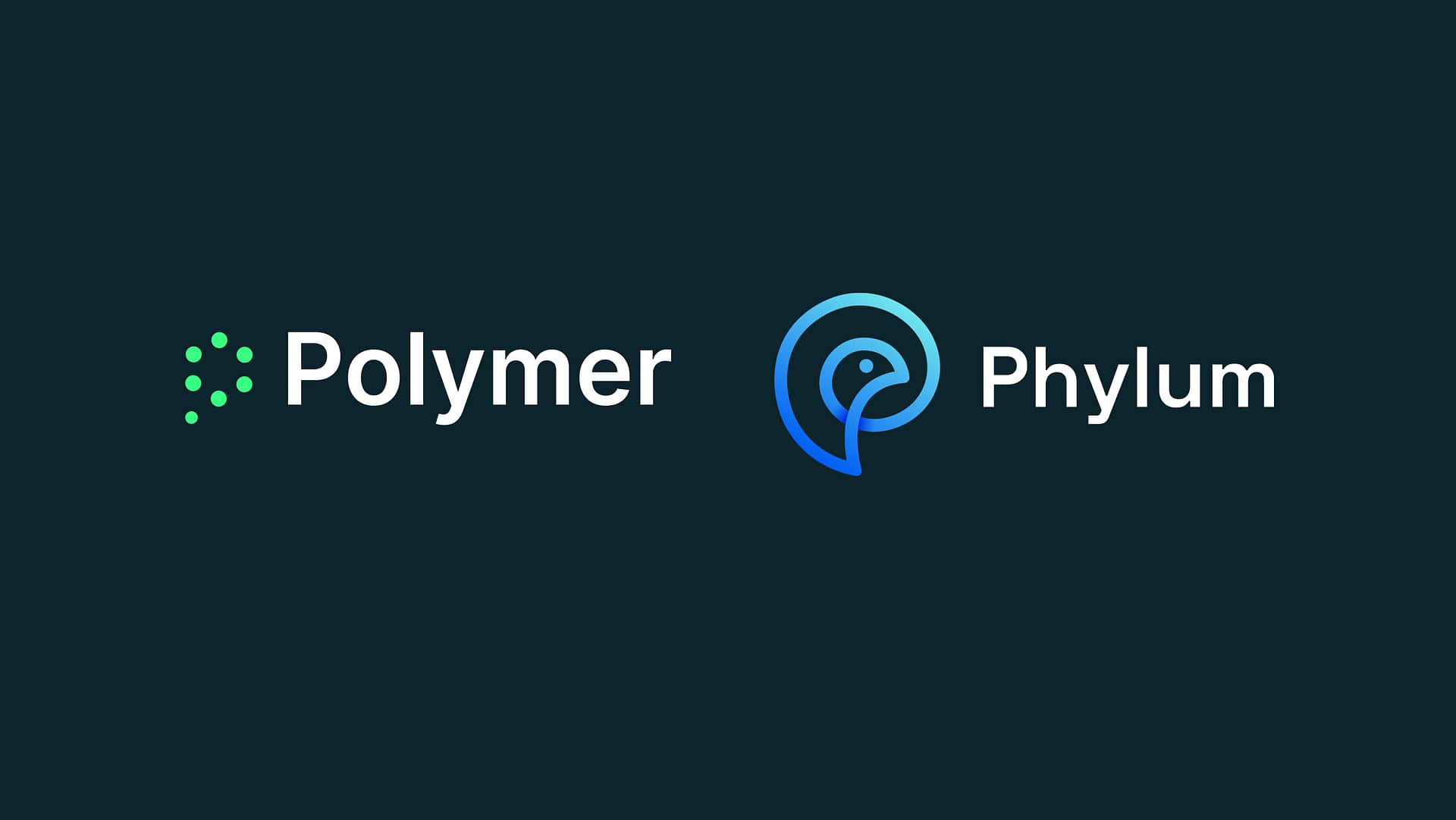A good compliance team can make the difference between a company that is successful vs not. Risks related to reputation, enterprise, technology, people, third party are just some of the areas that a compliance team gets involved in. Finding the right candidate is challenging but keeping these traits in mind can help look for good analysts who do not necessarily have the required experience.
What is a compliance analyst?
At its simplest, compliance is the act of obeying industry and government regulations. These days, we often talk about compliance in the context of data privacy. There are many regulations focused on ensuring businesses manage, store and use citizen data correctly. You’ll have likely heard of many of these, such as GDPR, HIPAA, PCI DSS, CCPA and VCDPA.
All of these laws are here for a good reason: to protect all of us from being manipulated, harmed, or stolen due to a loss or theft of data. Enter the compliance analyst, who acts as an internal architect, ensuring your company is in line with the patchwork of compliance laws out there.
It’s a compliance analyst’s job to design, deliver and maintain a compliance system within the organization. This, in turn, helps companies to prepare for, and pass, regulatory audits. Audits are routine inspections that organizations undergo to ensure they are meeting relevant industry standards.
While this might make a compliance analyst’s role sound slightly like a box-ticking exercise, in reality, this is far from the case. We have to remember the risk associated with data breaches. Research indicates that 60% of small companies go out of business after falling victim to a data breach or cyber-attack within six months.
For those that survive, the costs can be huge. Downtime, loss of customers and regulatory fines can all eat away at the bottom line. While, of course, a compliance analyst can’t 100% prevent a breach, they can ensure that your response plan is thorough, ethical and fast. This will reduce the impact of a security incident.
The skills to look for
So, what does an ideal compliance analyst look like? Let’s take a look below.
First things first, it’s essential to know that compliance analysts aren’t one-size-fits-all. Smaller organizations, for example, may blend the role of compliance officer and compliance analyst due to budget limitations. Moreover, the specific expertise an organization needs will depend on the industry they’re in. For example, a compliance analyst in the healthcare industry will need different proficiencies to an analyst in the e-commerce industry.
Saying this, there are a few core skills that every organization should look for when hiring a compliance analyst, regardless of their size or sector.
1. Industry experience
A compliance analyst is a specialist role that requires prior studying. The candidate you hire should have an industry-related Bachelor’s degree and, preferably, an accredited compliance management certification.
Ideally, you also want a candidate who has previous experience in compliance auditing and analysis within your industry. Knowledge of your sector and unique challenges is essential to reaching compliance. As well as this, knowledge of federal and state laws is a must, as this understanding will guide the analyst’s decision-making processes.
Another thing to look for is proficiency in compliance software tools like Paradigm 3 and Intellect Compliance. Lastly, while a compliance analyst’s role is more business-risk focused than cybersecurity focused, you should look for a candidate that can support technology initiatives too. Understanding standard cybersecurity tools, data analytics and automation will facilitate better communication between the compliance team and the cybersecurity department, so you can better manage risks.
2. Critical thinking
Compliance analysts often need to make changes to business policies, procedures and solutions to meet regulatory requirements. To do this, they need to use their critical thinking skills to make sound decisions. Being able to problem-solve, stay calm and manage risks is essential.
3. Soft skills
While this role is logic-intensive and data-heavy, it’s also highly social. Your compliance officer will liaise with cybersecurity professionals, auditors, regulatory representatives, stakeholders, employees, business executives, and more throughout the working week! They need to be able to communicate effectively and demystify complex compliance requirements into understandable courses of action. With this in mind, you’ll want to find a candidate that is confident, emotionally intelligent and content to speak to anyone.
4. Detail orientated
The compliance landscape is in a state of constant flux. Your compliance analyst will need to keep up with rapid changes and understand them in detail. For example, suppose your company operates internationally. In that case, your compliance analyst will need to have an in-depth understanding of both European and US privacy laws – and, within this, the different state laws too.
Attention to detail is therefore crucial. Mistakes and slip-ups are a dangerous game in the field of compliance. It would be best to choose a candidate who is thorough, double-checks everything and is committed to playing by the book.
5. Integrity and honesty
Within the data privacy sphere, compliance is often likened to ethics. Ultimately, compliance is about accountability and protection, so you want to hire a compliance analyst with good values: integrity, honesty and transparency.
Not only will this help you meet compliance requirements, but a great compliance analyst can also improve corporate compliance culture. Through leading by example, they encourage better actions from employees, thus minimizing misconduct that could lead to a data leak.
Ultimately, hiring a compliance analyst can be a great asset to any business. However, hiring analysts to tick a box puts companies at risk of hefty fines. By keeping the above qualities in mind, organizations can enter the hiring process with a defined idea of what to look for in a candidate – and hire the right person for the job.









